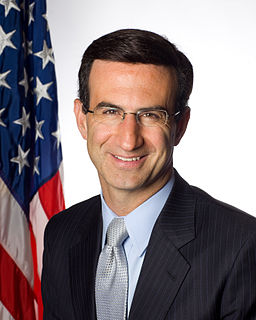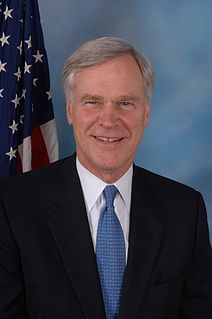A Quote by Pete Hegseth
At Concerned Veterans for America, we've made the case that the defense budget could be targeted for spending reform, but in a targeted fashion that genuinely changes unsustainable spending trajectories while preserving U.S. defense capacity.
Related Quotes
The left wants to protect social programs, the right wants to protect defense and intelligence spending and all the rest. I say the defense and intelligence world will be better off with a smaller budget. They would be less encumbered by bloat and able to maneuver the way they used to be able and not trip over themselves.

































